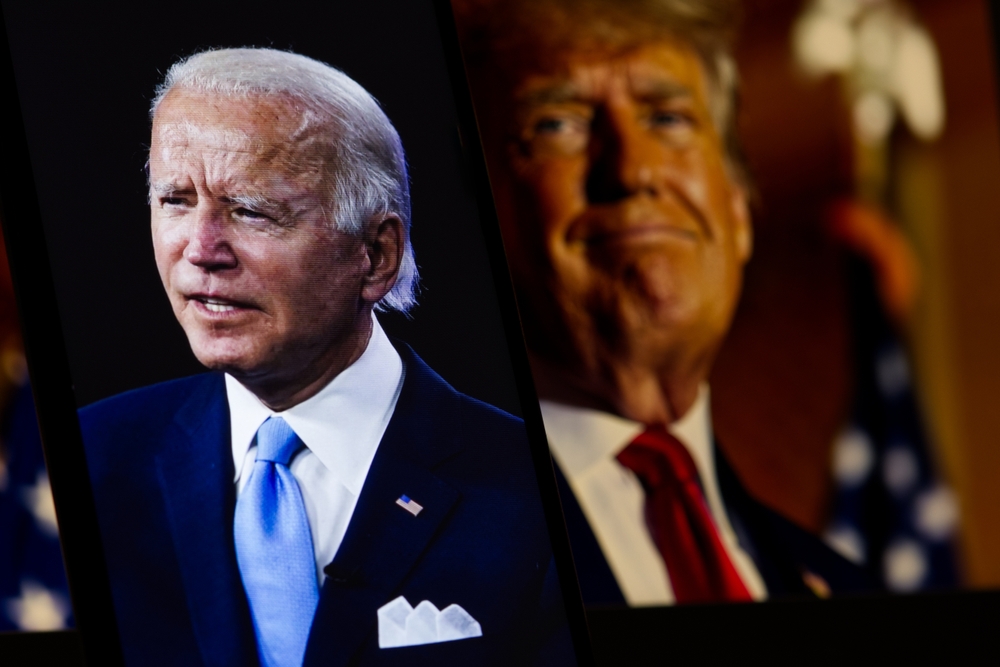Biden Reflects on Foreign Policy Legacy as Trump Prepares to Take Office
President Joe Biden delivered a farewell speech on Monday, highlighting his administration’s foreign policy achievements. He argued that under his leadership, the U.S. has become safer and more economically secure. As President-elect Donald Trump prepares to assume office, Biden emphasized the stability and strength he is leaving behind for the next administration.
Strengthening alliances and advancing global security
Biden underscored efforts to expand NATO, rally international support for Ukraine in its fight against Russia, and strengthen U.S. competitiveness in advanced chip manufacturing to counter China. “America is stronger. Our alliances are stronger. Our adversaries and competitors are weaker,” Biden said during his address at the State Department.
Despite these accomplishments, Biden leaves office amid a turbulent global landscape, marked by conflicts in Ukraine, Gaza, and Lebanon.
The Afghanistan withdrawal: A polarizing legacy
Biden fulfilled a campaign promise to end America’s 20-year war in Afghanistan by overseeing a full withdrawal in 2021. However, the chaotic execution — including the collapse of the Afghan government and a deadly bombing at Kabul’s airport — drew sharp criticism.
“Ending the war was the right thing to do, and I believe history will reflect that,” Biden said, defending his decision. Critics, including Trump, called the withdrawal a failure, pointing to its impact on U.S. credibility.
Ukraine and Russia: A strong foundation for the next administration
Biden rallied allies to provide over $100 billion in military and economic aid to Ukraine, enabling the country to resist Russia’s invasion. Coordinated sanctions against Russia further isolated the Kremlin economically.
The president emphasized the groundwork laid for the Trump administration to negotiate an eventual resolution to the conflict. “Today, Ukraine is still a free and independent country with the potential for a bright future,” Biden said.
National Security Adviser Jake Sullivan highlighted the importance of maintaining leverage in negotiations. “Backing Ukraine is key to securing a good deal,” he said, urging continuity between the outgoing and incoming administrations.
Middle East diplomacy: Challenges and controversy
Biden’s support for Israel amid its conflict with Hamas has been marked by significant geopolitical gains and humanitarian challenges. The conflict resulted in the degradation of Hezbollah and Iran’s influence in the region. However, the devastation in Gaza, with over 46,000 Palestinians killed and severe humanitarian crises, has sparked global criticism.
Pro-Palestinian activists have called for an arms embargo against Israel, but U.S. policy has remained unchanged. Biden defended his administration’s actions while acknowledging the difficulties of balancing diplomacy and restraint.
Efforts to secure the release of hostages in Gaza remain a key focus, with Biden’s Middle East adviser Brett McGurk working to finalize a deal. “We are on the brink of a proposal finally coming to fruition,” Biden said.
Looking ahead
As Trump prepares to take office, Biden emphasized the importance of continuity in foreign policy, particularly in Ukraine and Gaza. “Having alignment of the outgoing and incoming administration is a good thing,” Sullivan said, noting bipartisan support for key priorities.
President Biden leaves office with a foreign policy legacy shaped by crises and achievements. From bolstering alliances to navigating complex global conflicts, his administration has laid a foundation for the next leadership. As Trump steps into office, the future of these efforts will depend on sustained collaboration and strategic decision-making.


